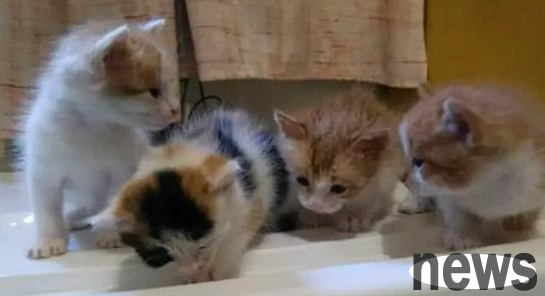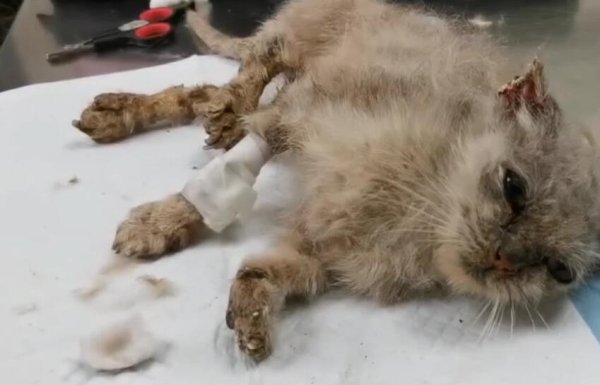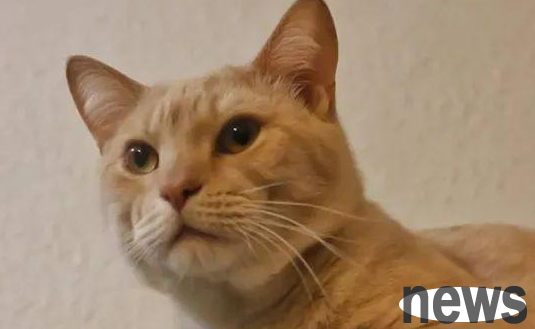Cats are "Lonely Man" so they are not afraid of loneliness? 70% of cats may suffer from separation anxiety!
"Why does my cat always ignore me? Is it okay if my name is not selected?"
often receive complaints from friends raising cats. In my impression, cats always look cold and arrogant. They are only willing to look up and look at you more when they see the newly bought canned cats.
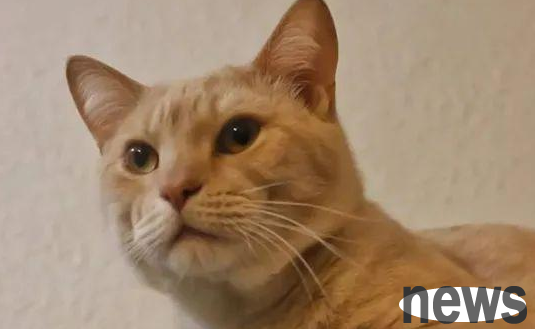
Cold and arrogant, and being labeled too much by such tags, most people subconsciously think that cats are very independent creatures. Many people even think that since cats are solitary animals, they can definitely wander in the night alone... However, cats are actually not as free and easy as they imagined. They just don't show their enthusiasm for shovelers like dogs.
Being alone can also cause cats to have various abnormal behaviors.
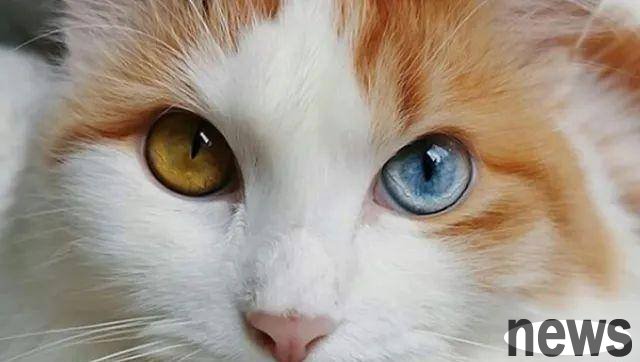
The cold cat is not as free and easy as you imagine. Friends who raise cats may have noticed:
Although they have been out for a long time, they don’t seem to have much less cat food. The regular poop on weekdays seems to have decreased, and their attitude towards themselves seems to be much colder than before, and even like they don’t know themselves as their master at all...
These problems are not uncommon among cats.
"I installed a camera at home, and then I found that it had hardly moved cat food anyway throughout the day, so I was worried!"
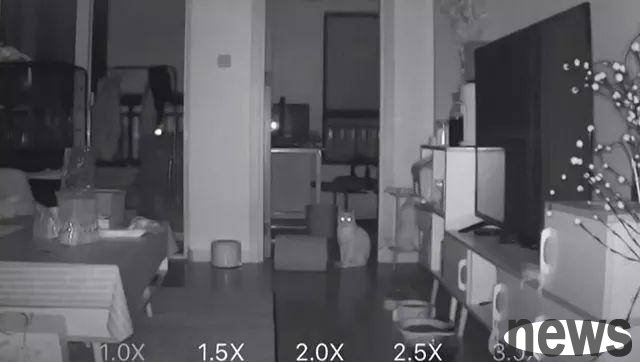
"After I went out, it kept meowing with its own little mouse toy, which sounded very desolate..."
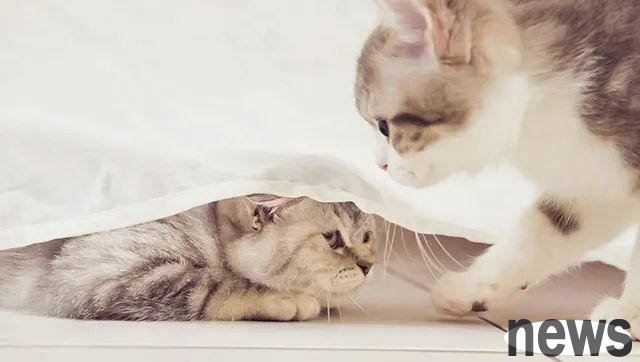
"I went back to my hometown some time ago and asked my friend to take care of it for a few days, but after I came back, I seemed to not know me at all, and even hid from me like I was frightened."
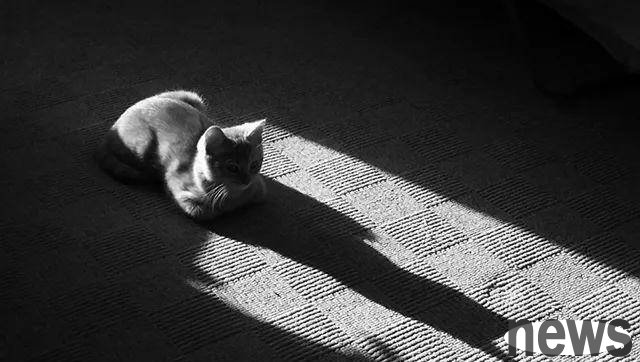
"I prepared enough water and food for it before going out, and when I came back, I found that it was messed up by it. It was not like this in normal times!"
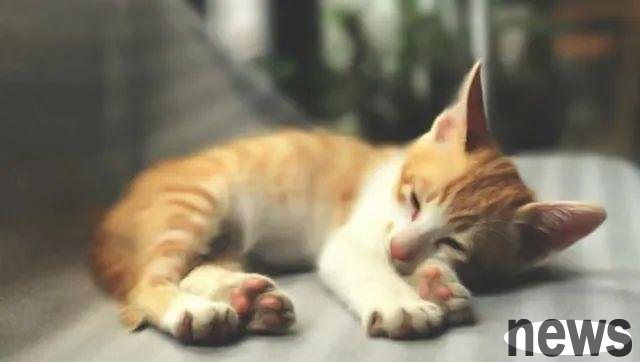
The cat had these behaviors, and it was probably angry because it felt lonely. Don’t look at it as if it is not a stranger. In fact, when you leave, it will feel abandoned, which will feel lonely and even cause separation anxiety.
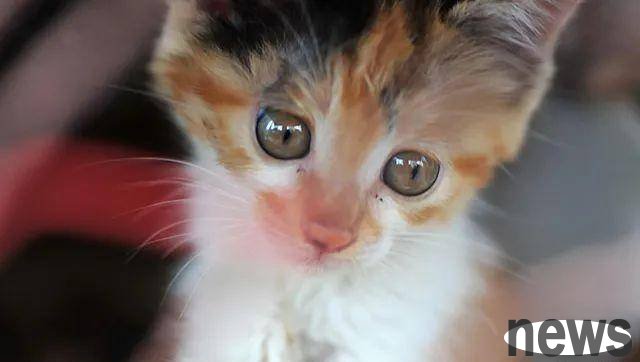
The cats feel lonely
So the question is, under what circumstances will cats feel lonely?
Data shows that cats under 4 months old will feel anxious and uneasy when leaving their owner for 2-4 hours; cats under 4-5 months old will not have much change in behavior and emotions within 5 hours; cats under 6 months old can be alone for 8 hours; cats under 6 months old can be alone for 24-48 hours.
Once the above time limit is exceeded, the cat will have abnormal behavior to varying degrees.
For example, cats who usually use cat litter box will deliberately urinate outside, or even urinate on the head of the owner's bed to vent their inner anxiety and loneliness.
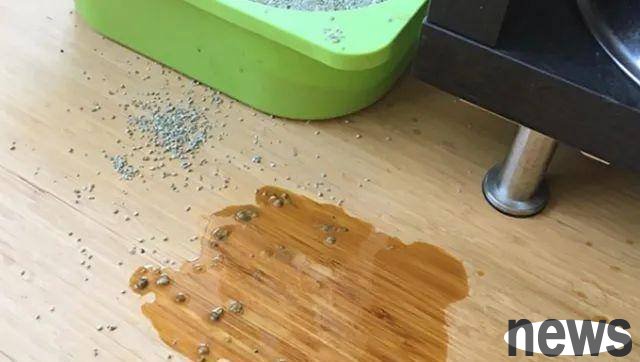
The destructive power of cats when they feel lonely is not even inferior to Erha.
You have carefully cultivated flowers and plants, your beloved leather sofa, and the tea cup on the table... These things can all be used as props for cats to vent.
Like dogs, some cats will lick them too much to relieve anxiety and loneliness. When feeling extremely lonely, some cats are even aggressive, bite people when they disagree, or show their sharp claws to grab people.
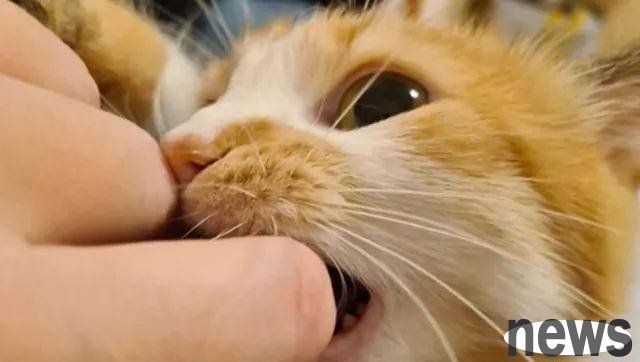
More cats will experience loss of appetite and listlessness when they feel lonely.
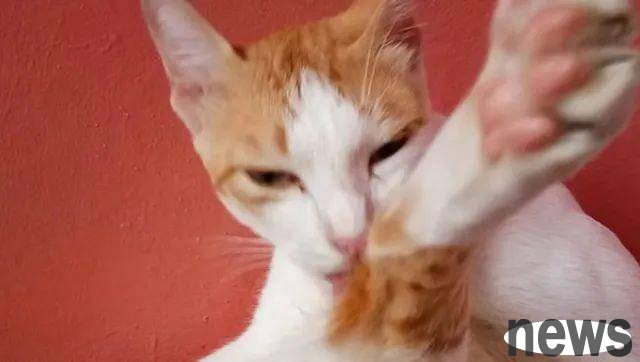
Cats can also suffer from separation anxiety?
If your cat experiences some of the above behaviors and symptoms, it means that it is feeling lonely and may even have separation anxiety.
Is it hard to imagine that cats will suffer from separation anxiety? In fact, 70% of cats are likely to suffer from separation anxiety.
Don't wonder why cats also suffer from separation anxiety. Primates have clear separation cognition. When they are separated from their owners or close peers for too long, they will fall into a state of extreme anxiety and loneliness. The pathological behaviors developed in this state are all symptoms of separation anxiety.
Because cats are not good at expressing, their separation anxiety is usually harder to detect than dogs.
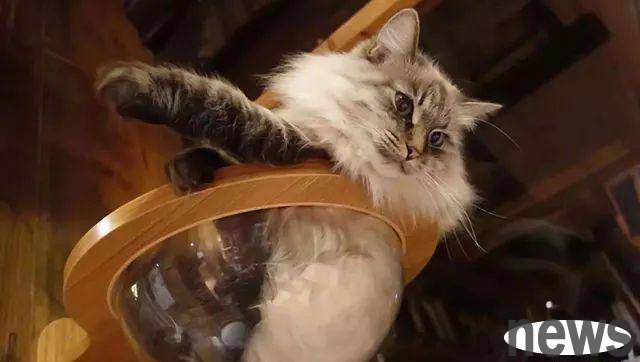
What situations can cause cats to be anxious?
1. Hereditary depression
Hereditary depression is actually very common in large cats such as Siamese cats and Maine cats. These cats are more likely to suffer from depression or anxiety than other cats due to their genetic genes.
2. Premature weaning leads to a lack of security
Cats in pet stores are more likely to suffer from separation anxiety, because they are usually taken away from the cat's mother at less than 8 weeks old. These cats have become unsocial due to lack of companionship and playing friends since childhood, which makes them more likely to become restless.
3. Environmental changes can cause loneliness. The owner travels far away and other pets at home leave, etc., which will cause the cat to feel lonely, and loneliness is the key factor that causes cats to feel anxious.
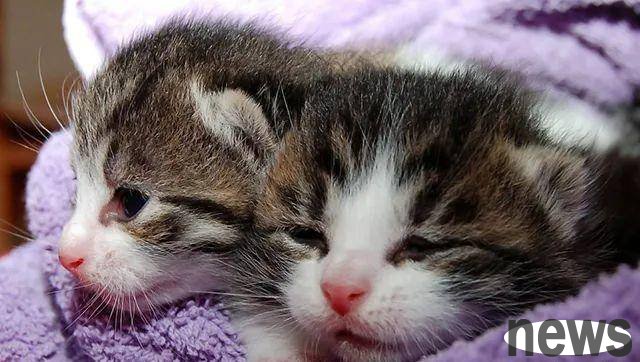
How to avoid loneliness and make the cat owner no longer anxious
So the question is, how should the cat owner avoid the cat feeling lonely and make the master no longer anxious? Don't worry, I'll teach you a few tricks!
1. Add toys and consume a lot of energy
Be sure to prepare toys for the cat before going out, the more you get better. Toys can not only divert cats' attention, but also consume some of the strong energy that has nowhere to vent. With toys, maybe a fulfilling day will pass soon.
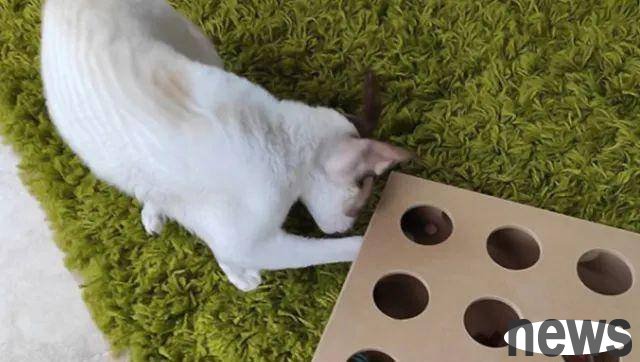
2. Add vertical space to make it feel more secure
Cats feel more secure when they are high. Therefore, using cats to create a condescending field of view for cats, which will make them feel happy, and the process of cats climbing up and down is also a kind of energy release.

3. Find a playmate for it
If you think a cat is too lonely, you can find a playmate for it. Cats of similar age may be the best choice. In addition, the existence of dogs, rabbits, turtles, etc. will also reduce the cat's loneliness to a certain extent.
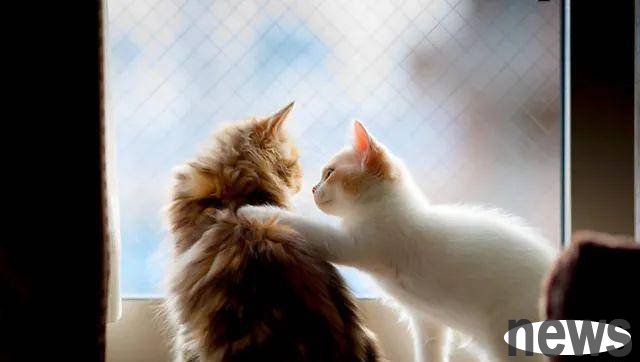
4. Create an illusion of you being around him
Place clothes, shoes and other items with your smell at home, interact with it at any time through the camera, or play your voice, and create an illusion of you being around him, which will effectively alleviate the cat's loneliness.
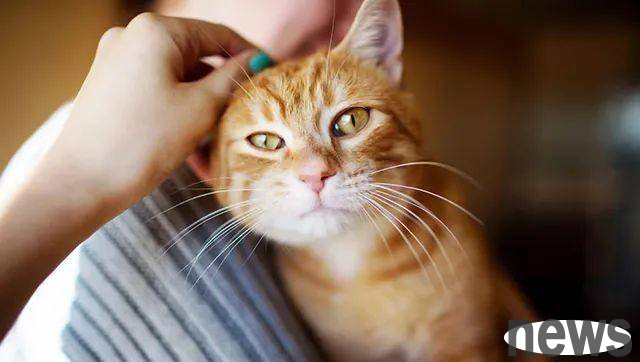
5. Let it get used to separation, desensitization training, go out of the room and go back immediately to interact and play with it, extend the time to return after going out bit by bit, so that it no longer feels anxious about you going out, which can effectively cure the anxiety during separation.
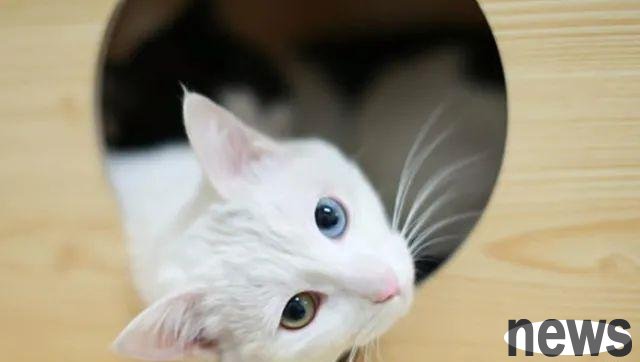
Having said so much, the most important thing for cats to no longer feel lonely is actually only three words: accompany them more! After all, the most fundamental reason for separation anxiety is its love for you. This is what is called loving you until you get sick!

